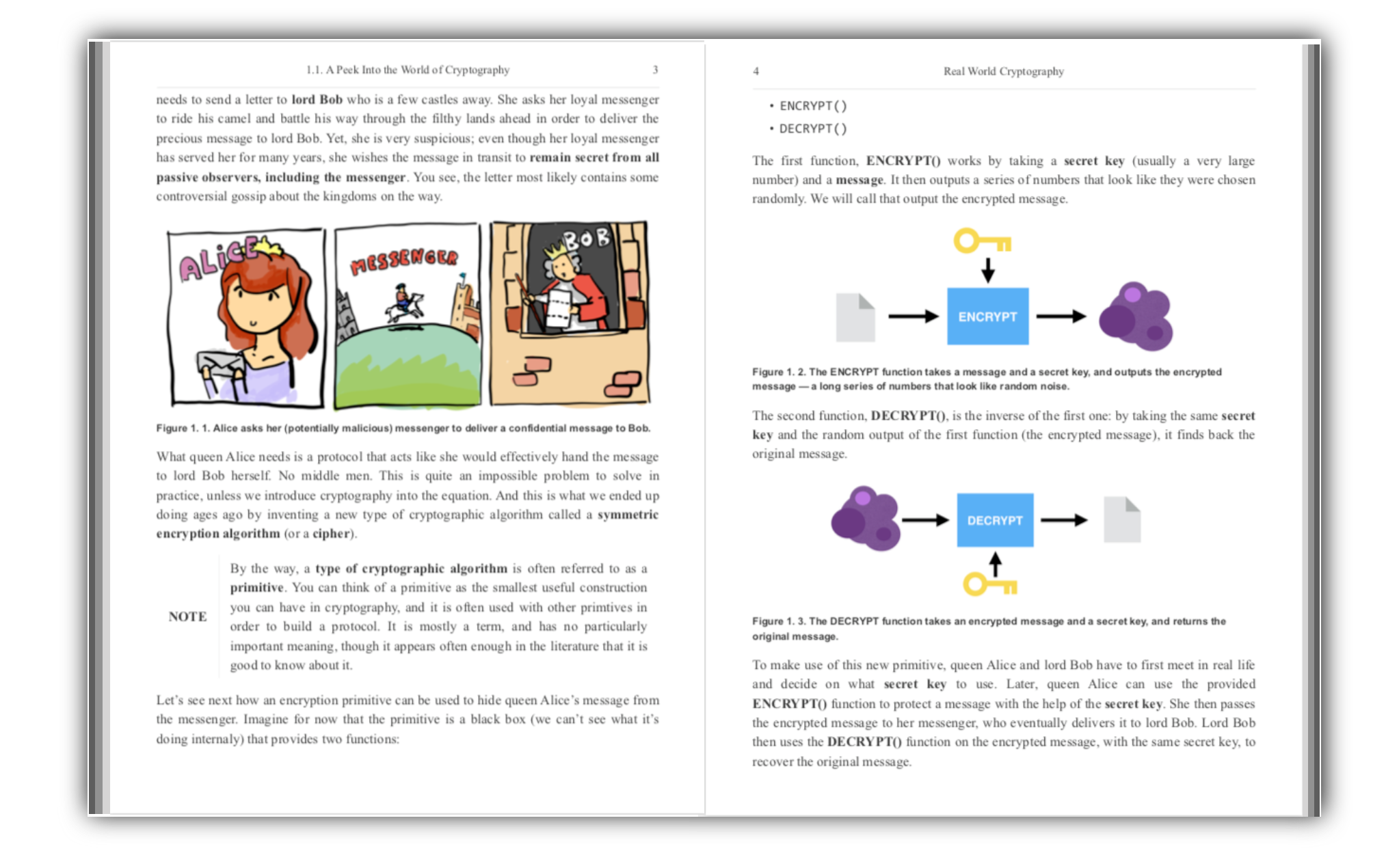The ZK update conflict issue in multi-user applications posted January 2024
I haven't seen much ink being spewed on the ZK update conflict issue so I'll write a short note here.
Let's take a step back. Zero-knowledge proofs allow you to prove the result of the execution of some logic. Like signatures attached to data you receive, ZK proofs can be attached to a computation result. This means that with ZK, internet protocols can be rethought and redesigned. If execution of the protocol logic had to happen somewhere trusted, now some of it can be moved around and delegated to untrusted places, or for privacy-reasons some of it can be moved to places where private data should remain.
How do we design protocols using ZK? It's easy, assume that when a participant of your protocol computes something, they will do it honestly. Then, when you implement the protocol, use ZK proofs to enforce that they behave as intended.
The problem of update conflicts comes when one designs a protocol in which multiple participants decide to update the same value, and do so using local execution. That is, instead of having a central service that executes some update logic sequentially, participants can submit the result of their updates in parallel. In this situation, each participant locally executes the logic on the current state assuming that it will not have changed. But this doesn't work as soon as someone else updates the shared value. In practice, someone's update will invalidate someone else's.
This issue is not just a ZK issue, if you know anything about databases then how to perform conflict resolution has been an issue for a very long time. For example, in distributed databases with more than one writer, conflicts could happen as two nodes attempt to update the same value at the same time. Conflict can also happen in the same way in applications where multiple users want to update the same data, think Google Docs.
The solutions as far as I know can be declined in the following categories:
- Resolve conflicts automatically. The simplest example is the Thomas write rule which discards any outdated update. In situations were discarding updates is unacceptable more algorithm can take over. For example, Google Docs uses an algorithm called Operational Transformation to figure out how to merge two independent updates.
- Ask the user for help if needed. For example, the
git mergecommand that can sometimes ask for your help to resolve conflicts. - Refuse to accept any conflicts. This often means that the application is written in such a way that conflicts can't arise, and in distributed databases this always mean that there can only be a single node that can write (with all other nodes being read-only). Although applications can also decide to simply deny updates that lead to conflicts, which would lead to poor performance in concurrency-heavy scenarios, as well as poor user experience.
As one can see, the barrier between application and database doesn't matter too much, besides the fact that a database has poor ways of prompting a user: when conflict resolution must be done by a user it is generally the role of the application to reach out.
What about ZK though? From what I've seen, the last "avoid conflicts" solution is always chosen. Perhaps this is because my skewed view has only been within the blockchain world, which can't afford to play conflict resolution with $$$.
For example, simpler ZK protocols like Zcash will often massage their protocol such that proofs are only computed on immutable data. For example, arguments of a function cannot be the latest root of a merkle tree (as it might get updated before we can publish the result of running the function) but it can easily be the root of a merkle tree that was seen previously (we're using a previous state, not the latest state, that's fine).
Another technique is to extract the parts of updates that occur on a shared data structure, and sequence them before running them. For example, the set of nullifiers in zcash is updated outside of a ZK execution by the network, according to some logic that only gets executed sequentially. More complicated ZK platforms like Aleo and Mina do that as well. In Aleo's case, the user can split the logic of its smart contracts by choosing what can be executed locally (provided a proof) and what has to be executed serially by the network (Ethereum-style). In Mina's case, updates that have the potential to lead to conflicts are queued up and later on a single user can decide (if authorized) to process the queued updates serially but in ZK.


Comments
leave a comment...